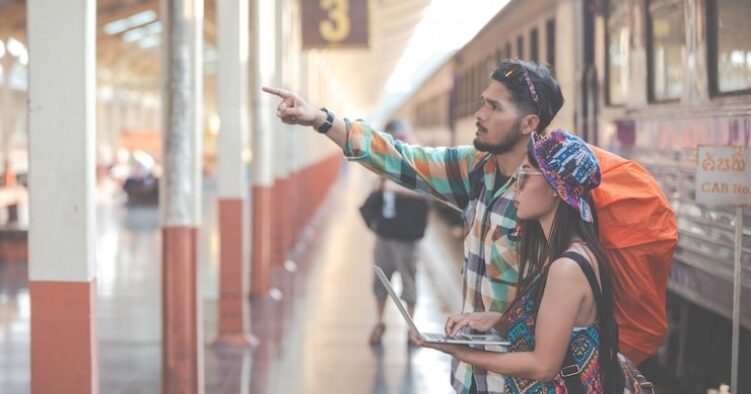Delhi Launches Fellowship For Heritage And Tourism
Share

Seeking to preserve and enjoy India’s capital city’s rich cultural heritage, the Delhi government has launched a new ambitious project — the Tourism and Heritage Fellowship Programme. This novel one-year fellowship will introduce youth directly into the mainstream of the promotion, conservation, and revitalization of the city’s long heritage and tourism landscape. With its vision to make Delhi a dynamic, inclusive, and internationally appealing tourist destination, the government desires to use young minds and grassroots talent to give new life to the city’s cultural and historical sites.
Ninety percent of the approximately 40 individuals will be chosen every year. The chosen fellows will be paid a stipend of ₹50,000 per month, which will allow them to work on their responsibility and project without any financial burden. Upon successful completion of the fellowship, all members will also receive a certificate for having shown commitment and contribution. It is not merely an exercise for youth citizens to locate professional opportunities in tourism and heritage, but also a move towards the development of a culturally more vibrant and world-famous Delhi.
The Tourism and Heritage Fellowship Programme has been structured with several aims. One of them is to preserve the cultural heritage and historical past of the city, which was conventionally marginalized or erased from modern developmental histories. The government aims to turn that around through this fellowship by engaging young people with new energy and digital literacy into storytelling, marketing, and public engagement.
Fellows who shall be chosen under the programme will be involved in different tasks and responsibilities. Their work will include conducting guided tours of heritage sites, developing creative digital content for both public forums and social media, and running tourism information centers in the city. They will also assist in organizing events and activities at some of Delhi’s most iconic venues, such as the Garden of Five Senses, Dilli Haat, and various film shoot locations. Additionally, the fellows will support the planning and execution of MICE (Meetings, Incentives, Conferences, and Exhibitions) events, further contributing to Delhi’s appeal as a cultural and corporate hub.
The fellowship encourages active participation of young people in showcasing Delhi’s monuments, festivals, and heritage events to both local and global audiences. It also places emphasis on making these experiences more accessible and meaningful, especially to younger generations and international tourists who may not be fully aware of the city’s historical wealth.
Notably, the program is linked with a general policy change in administration — a change that pushes youth to take up public ventures and align them with governmental agendas. Instead of depending on outside experts, the Delhi government is pushing local talent and creative minds to power the initiative. It fits the national vision of an atmanirbhar India, where native capabilities are fostered and given importance for long-term development.
The program is being overseen by the Delhi Tourism and Transportation Development Corporation (DTTDC), which has driven most of the city’s tourism and infrastructure initiatives. Through DTTDC, the program will be integrated with the city’s current tourism promotion initiative, as well as provide fellows with hands-on, on-the-ground training. With access to big venues and decision-makers, fellows will experience real-world training that is both informative and professionally fulfilling.
The introduction of the Tourism and Heritage Fellowship Programme is a major initiative towards rebranding Delhi not just as the national capital, but as a city of culture that reflects the country’s diversity, creativity, and depth of history. By making youth citizens stakeholders in such a transformation, the government is setting the stage for a people-centred and sustainable model of heritage preservation. It is also assisting in the development of a new generation of Delhi ambassadors — narrators, event organizers, tourism experts, and cultural stewards who will not only keep alive the city’s legacy, but also tirelessly reimagine it for the future.
As the world grows increasingly interested in heritage tourism and experiential travel, programmes like this have the potential to reshape how cities present their cultural identities. Delhi’s move is timely, forward-looking, and a promising step toward integrating youth, heritage, and tourism in a dynamic new way.







